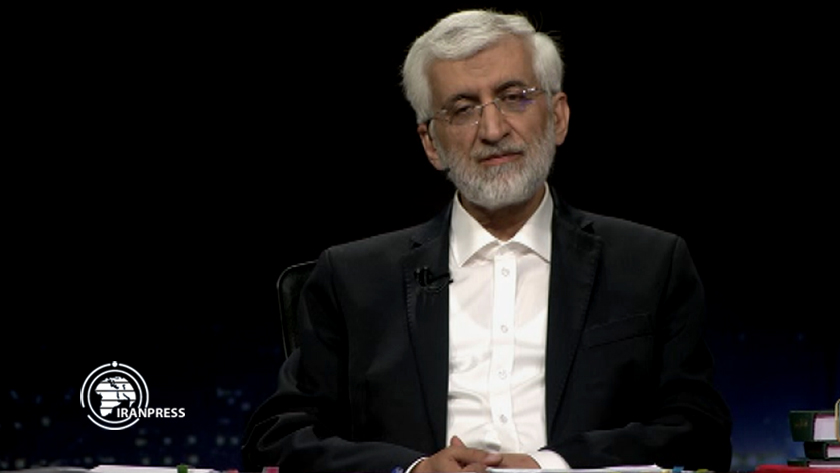Iranian Politics: Jalili’s Critique on Sanctions, Policy Strategies, and Economic Growth
In an unfolding debate on Iran’s approach towards sanctions and economic policies, Saeed Jalili, a prominent figure in Iranian politics, recently offered a strong critique of past and current government strategies. His statements shed light on the complexities facing the nation and highlight potential pathways for moving forward amidst external pressures.
Sanctions and JCPOA Challenges
Jalili’s remarks began with a pointed commentary on the Joint Comprehensive Plan of Action (JCPOA), commonly known as the Iran nuclear deal. He emphasized that the previous administration struggled to secure the rights delineated within the agreement. The JCPOA, established in 2015 between Iran and the P5+1 countries (the United States, United Kingdom, France, Russia, China, plus Germany), aimed to curb Iran’s nuclear program in exchange for sanction relief. However, the U.S. withdrawal from the deal in 2018 and the subsequent reinstatement of sanctions have posed significant challenges.
Economic Resilience Under Embargo
Jalili dismissed the notion of a stalemate, asserting that Iran managed to maintain robust oil exports despite stringent embargoes. This resilience, according to him, evidenced the potential to navigate through sanctions effectively. His comments reflect broader national sentiment emphasizing self-reliance and economic fortitude in the face of international restrictions.
Liquidity and Economic Misunderstandings
Addressing criticisms from Iranian politician Masoud Pezeshkian, Jalili clarified misconceptions about liquidity growth. He distinguished between the volume of liquidity and its growth, critiquing what he termed as a flawed understanding of economic measures. This discussion underscores ongoing debates within Iran regarding monetary policy and its impacts on the domestic economy.
Proactive Stance on International Commitments
Jalili urged a proactive stance against sanctions, suggesting that the government should hold international parties accountable for unmet commitments rather than seek new concessions. This perspective aligns with a broader strategy of assertiveness and negotiation that has characterized Iran’s recent diplomatic initiatives.
Government Achievements and Diverse Global Relations
Highlighting achievements under President Ebrahim Raisi’s administration, Jalili pointed out increases in exports and foreign investment. This period, he suggested, demonstrated that the global community is more extensive than just a few Western powers. By fostering relationships with diverse countries, Iran aims to lessen its economic isolation.
Historical Context and Energy Policy
Jalili critiqued the tendency to focus on the past three years of governance while neglecting the achievements and challenges of the previous 32 years. Specifically, he noted advancements in his strategic plan concerning energy. Emphasizing public participation, he proposed that involving citizens in energy management could lead to more sustainable and beneficial outcomes.
Housing and Urban Development
Concluding his statements, Jalili hinted at broader socioeconomic initiatives, including housing and urban development. Although details were sparse, his mention indicates ongoing efforts to address critical domestic issues alongside handling international pressures.
A Path Forward
In summary, Saeed Jalili’s address lays out a critique and vision for navigating sanctions while fostering internal economic growth. His emphasis on resilience, accountability, and proactive policymaking offers a framework for Iran’s future strategies. As global dynamics continue to evolve, Iran’s path forward will likely be shaped by these internal debates and strategic decisions.
